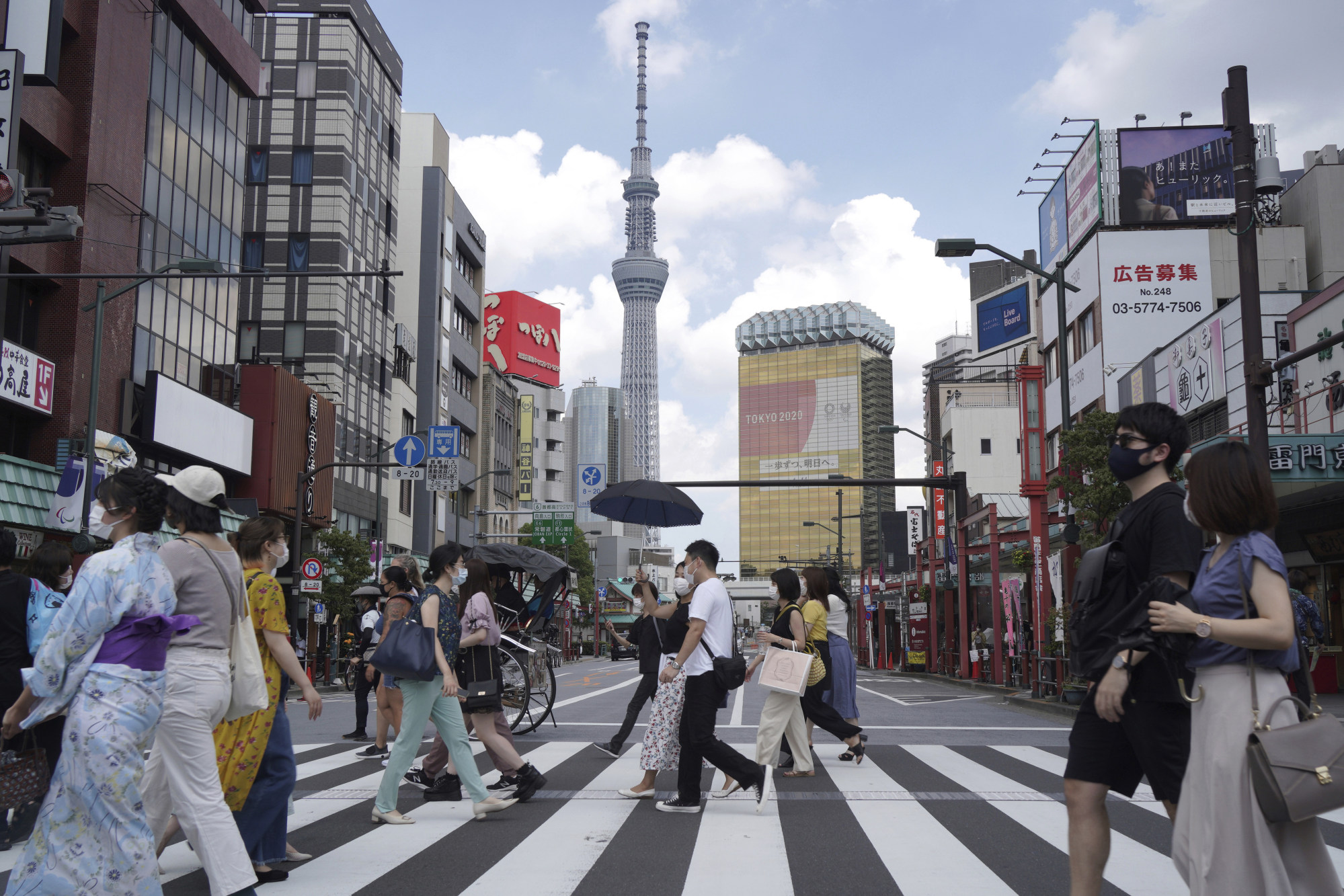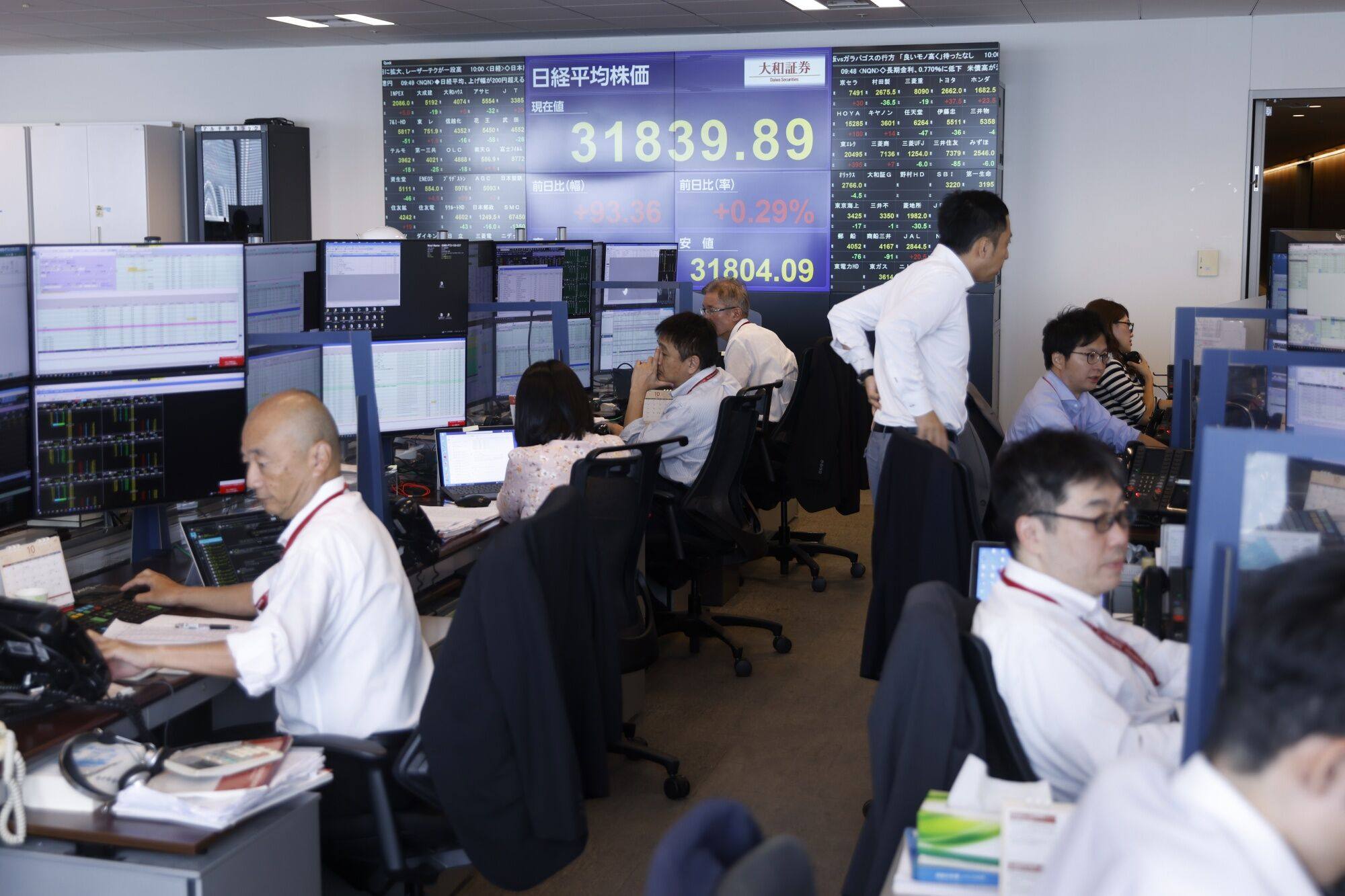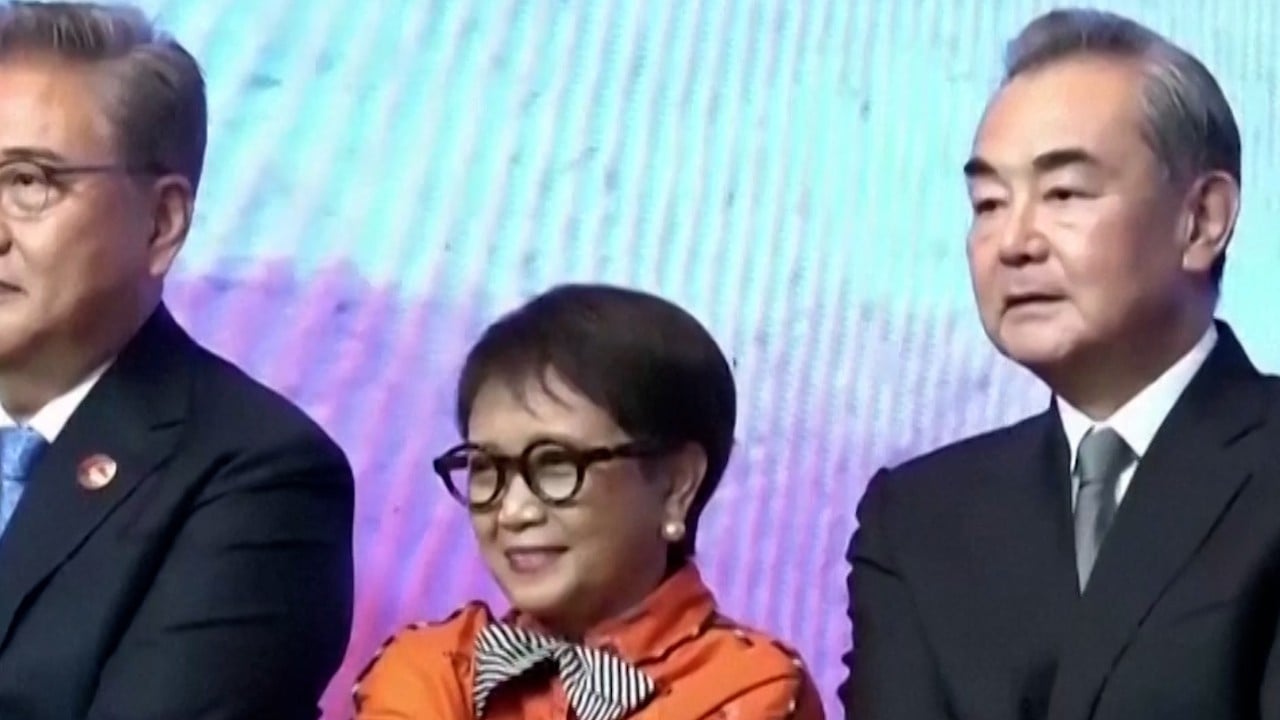Japan’s bid to elevate Asean ties will offer region ‘options’ amid growing Chinese influence
During the event, Japan – the first country to establish dialogue relations with Asean in 1973 – is expected to “jointly announce a vision that sets out the broad direction of Japan-Asean relations and cooperation in the coming years”, the ministry said.

At the Asean-Japan Summit in September in Indonesia, both sides agreed to establish a Comprehensive Strategic Partnership (CSP) that is “substantive, concrete, meaningful and mutually beneficial”, according to the chairman’s statement released after the summit.
Furuoka Fumitaka, an associate professor at the University of Malaya, said Japan’s attempt to upgrade its relationship with Asean into a comprehensive strategic one could be viewed as “a rather belated response” to China’s policy to similarly engage the region two years ago.
“[It reflects] Japan’s renewed willingness for deeper engagement,” he said, noting that the United States similarly elevated ties with Asean last year.
Last week, Japan and Vietnam upgraded their relations to a CSP when Vietnamese President Vo Van Thuong visited Tokyo.

“Deepening ties only through bilateral channels would risk weakening Asean centrality,” Ciorciari said.
Embraced by the 10-member regional bloc, Asean centrality emphasises that the grouping must become the dominant regional platform in overcoming common challenges and engaging with external powers.
However, in the 2023 State of Southeast Asia survey published by the Singapore-based Iseas-Yusof Ishak Institute, 82.6 per cent of respondents in the region found Asean slow and ineffective, unable to cope with fluid political and economic developments, and risked becoming irrelevant.
‘Increasing options’ for Asean
Tomoo Kikuchi, a professor at Waseda University’s Graduate School of Asia-Pacific Studies in Tokyo, said it was “natural” for Japan to elevate its relationship with Asean after five decades of strengthening security, economic and people-to-people exchanges.
“When China’s military power is set to increase, it would be riskier for the region if Japan merely waited for China to dominate the others,” Kikuchi added.
Japan’s military aid will go to ‘like-minded’ Asian nations to counter China
Japan’s military aid will go to ‘like-minded’ Asian nations to counter China
Saya Kiba, an associate professor at the Kobe City University of Foreign Studies, said by building up the region’s defence capability, Japan had played a role in “increasing options” for Asean countries, apart from boosting the region’s economic development through investments and assistance in infrastructure projects.
“The ultimate goal is to show various options to our partners in Southeast Asia, and demonstrate what freedom and openness, and the rules-based order can bring” in achieving peace and stability in the region, she said.
Since the Fukuda Doctrine was spelled out in 1977, Asean member states had undergone massive changes, Kiba said, referring to a 1977 speech by former prime minister Takeo Fukuda that outlined cooperating and strengthening ties with Asean. The doctrine has served as the foundation of Japanese diplomacy towards the region.
Kishida is expected to declare a new direction for the coming decades during the commemorative summit, she said.
As a traditional partner for growth and development, Japan is Asean’s key trade and investment partner, with two-way trade in 2021 reaching US$240.2 billion, making Japan the third-largest trading partner for Asean.
From 1998 to 2018, the number of Japanese companies in Asean rose 35-fold in key manufacturing sectors, creating jobs and training opportunities across Southeast Asia.

Japan is also the largest provider of official development assistance to Asean countries, with a total of US$129 billion.
In April, Japan implemented the Official Security Assistance programme aimed at providing defence equipment to “like-minded countries” and to deepen security cooperation.
Such a role, especially in Southeast Asia, will be seen by China “as an effort directed at Beijing”, Ciorciari said, adding that China might take measures to drive a wedge between Japan and its regional partners.
“Some Southeast Asian governments will have similar concerns and might balk at Japanese security assistance,” Ciorciari said, noting this was another reason for Japan to invest as much as possible through regional institutions and not only in countries most inclined to resist China’s naval expansion.
“As a group, Asean members are not aligned uniformly against China. This makes Asean a relatively safe place for Japan to continue engaging,” Ciorciari said.
In recent years, Asean states such as Cambodia, Laos and Vietnam have been described as increasingly coming under Beijing’s influence due to their reliance on China for trade, investments and diplomatic support.
Last month, China’s nationalistic tabloid Global Times described Japan’s efforts in strengthening security cooperation with the region as “unilateral manipulation of Southeast Asia”, and a move that would “exacerbate divisions within Asean” and escalate tensions in the South China Sea.



 Offers free spin
Offers free spin